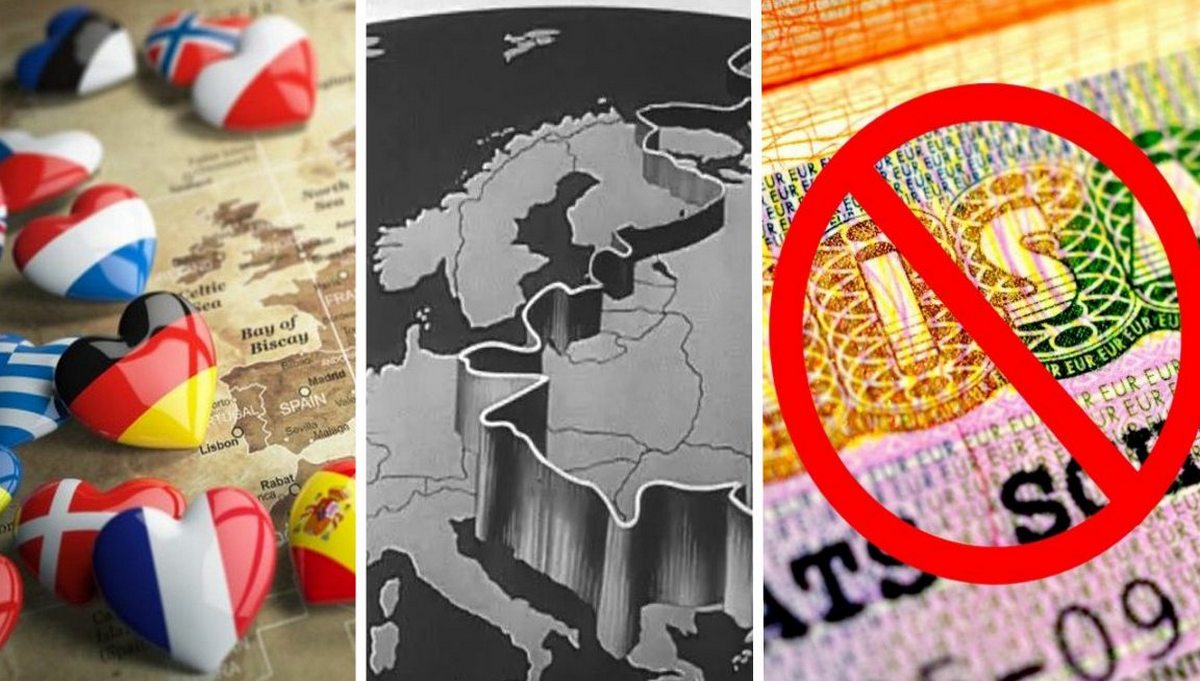Tourists, frightened by the latest calls from EU countries to stop issuing visas to Russians, lined up in huge queues at visa centers. As Kommersant assures, the number of appeals to specialized agencies jumped by 40%. Experts say that Russian tourists fear that the procedure for obtaining visas for trips to Europe will become as complicated as for trips to the United States.
Nevertheless, the tourism business in the Russian Federation urges tourists to put aside panic and not try to violate visa rules – it will only get worse, and also notes that the main problem is the limited number of places for submitting documents for obtaining a visa. At the same time, the deterioration of the attitude towards Russians in the main tourist countries and their consulates has not been noticed.
As one of the sources of Kommersant in the visa companies stated, tourists began to try to issue visas in reserve, fearing problems. In general, against the background of the statements of Estonia and Finland and other threats from the countries of the European Union (see the link for details), the number of applicants has increased by 40% in the last two weeks, according to visa intermediary companies. Moreover, tourists often have quite long-term plans – up to trips with children for the autumn holidays. The main fear of tourists, as representatives of visa agencies assure, is that getting a visa to Europe will be as difficult as getting a visa to the USA.
“The situation is reminiscent of the past before the appearance of visa centers when people stood in queues at night in front of embassies and resold the queue. The process of drawing up documents has become more complicated, and the review period has increased, but the main problem is to find slots for registration,” the visa agencies assure.
At the same time, as Maya Lomidze, executive director of the Association of Tour Operators of Russia, told the publication, the number of Russian tourists to Europe is only 5-10% of the “before” level. Most tourists go to traditional resort countries, including France, Spain, Italy, and Greece, but tourists often get there through Finland and the Baltic States, which are the main visa barriers.
The expert also added that there is no panic in the tourism industry yet, especially since the volume of bookings in Europe remains insignificant. “In case of additional restrictions, tour operators will not experience serious losses,” the expert explains. Tour operators add that the complicated visa process and delivery problems have led organized customers to refocus on Turkey or the UAE.
At the same time, the deterioration of the attitude towards Russian tourists in the visa centers themselves have not been noticed: “If a tourist has a goal and a good visa history, he will receive a visa, although this may be accompanied by difficulties.” The number of refusals at the visa centers in Finland is indeed increasing, but for the most part they are motivated – they also assure the visa centers, citing anecdotal cases. Yes, panicked tourists apply for a visa at the Finnish embassy, attaching a hotel reservation in Barcelona to the application – it is not surprising that in this case a refusal follows.

